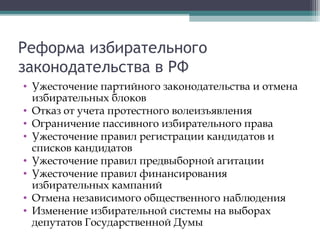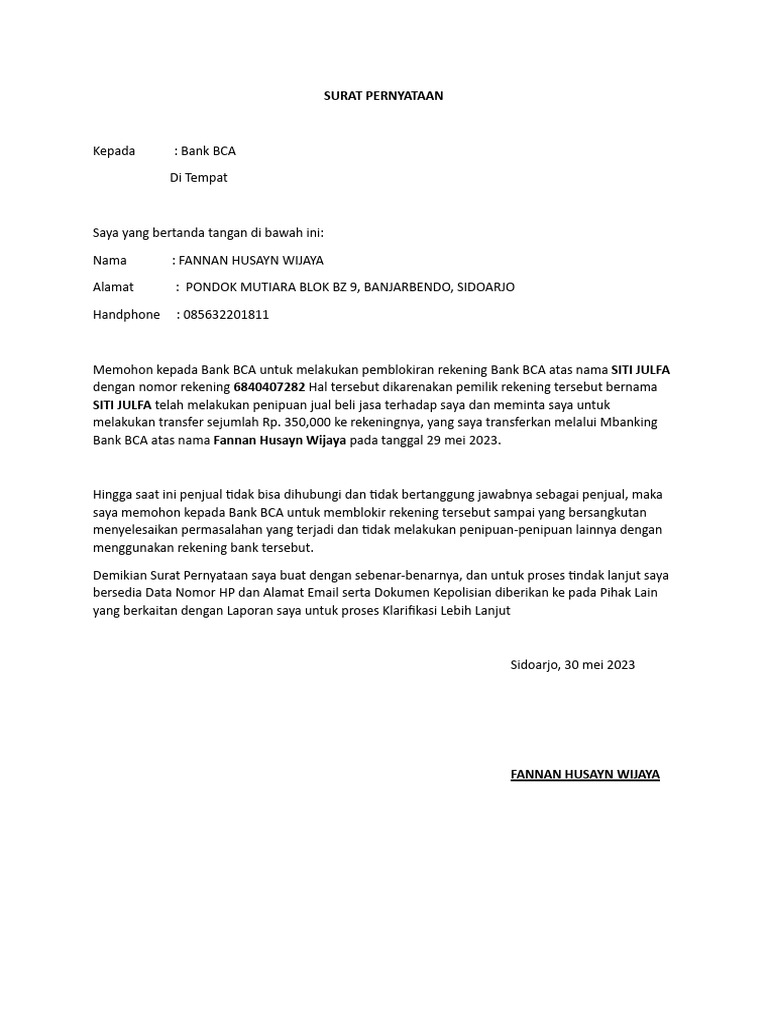Myanmar: The UK And Australia's Uneven Approach To Sanctions

Table of Contents
UK's Myanmar Sanctions Strategy
The UK's Myanmar sanctions strategy prioritizes targeted measures against specific individuals and entities associated with the military junta.
Targeted Sanctions on Individuals and Entities
This approach focuses on key figures within the military regime, their business interests, and affiliated organizations. The sanctions employed include:
- Asset freezes: Preventing access to financial resources held in UK jurisdictions.
- Travel bans: Restricting entry into the UK for designated individuals.
- Import/export restrictions: Prohibiting trade in certain goods and services.
Examples include sanctions imposed on Min Aung Hlaing, the head of the military junta, and several high-ranking officials, along with companies directly linked to the military, such as Myanmar Economic Corporation (MEC). The UK utilizes the Global Magnitsky Act as the legal basis for these targeted Myanmar sanctions, enabling the government to sanction individuals responsible for human rights abuses globally.
Strengths: Precision targeting offers the potential to disrupt the junta’s financial networks and exert pressure on key decision-makers.
Weaknesses: The limited scope leaves room for sanctions evasion, and the impact on the overall Myanmar economy may be relatively small compared to broader sanctions.
Coordination with International Partners
The UK actively collaborates with the EU and other international partners to align sanctions and enhance their effectiveness. However, coordinating enforcement and information sharing across multiple jurisdictions presents significant challenges.
- Successful coordination has led to more comprehensive asset freezes and travel restrictions.
- Challenges arise from differing perspectives on Myanmar amongst international actors, hindering unified action.
The effectiveness of collaborative efforts is also impacted by the varying capacity and willingness of different countries to implement and enforce sanctions effectively.
Focus on Human Rights Abuses
The UK's Myanmar sanctions primarily aim to punish those responsible for human rights violations, targeting individuals and entities directly linked to specific atrocities.
- The sanctions aim to deter further abuses and hold perpetrators accountable.
- However, the effectiveness in achieving this goal is debatable, and there are concerns that sanctions might inadvertently harm civilians.
Australia's Myanmar Sanctions Regime
Australia’s approach to Myanmar sanctions differs, adopting a broader strategy that includes sectoral sanctions alongside targeted measures.
Broader Scope, Including Sectoral Sanctions
Australia targets not just individuals but also entire sectors deemed to be supporting the military regime.
- Restrictions on trade: These encompass key industries like jade and timber, which are significant sources of revenue for the military.
- The volume of trade affected by these sectoral sanctions is substantial, aiming for a broader economic impact.
Strengths: Sectoral sanctions potentially have a wider economic impact, disrupting revenue streams that finance the junta’s activities.
Weaknesses: This broader approach carries risks of harming legitimate businesses and causing unintended consequences for the civilian population. The potential for significant economic disruption might also have unforeseen geopolitical consequences.
Limited Targeted Sanctions
Compared to the UK, Australia has imposed fewer targeted sanctions on named individuals and entities.
- Identifying and targeting specific actors within complex military-linked networks presents a significant challenge.
- This lack of precision increases the potential for loopholes and sanctions evasion.
Emphasis on Regional Cooperation
Australia prioritizes regional cooperation with ASEAN countries and other regional partners.
- Reaching a consensus on sanctions within ASEAN's diverse geopolitical landscape poses significant hurdles.
- Joint initiatives have been undertaken, but their overall impact has been limited by differing national interests and priorities.
Comparing the Effectiveness of UK and Australian Sanctions
Assessing the effectiveness of both the UK and Australian Myanmar sanctions requires a multifaceted approach. While some evidence suggests a degree of impact on certain financial flows and behavior of sanctioned entities, the overall effect on the military regime's power and actions remains unclear.
- Challenges include measuring the actual impact of sanctions, separating the effects from other factors, and accounting for sanctions evasion.
- Alternative strategies, such as targeted financial investigations, diplomatic pressure, and support for pro-democracy movements, should be considered in conjunction with, or as alternatives to, sanctions.
- Future sanctions strategies require careful consideration of potential unintended consequences, including impacts on the civilian population.
Conclusion
The UK and Australia's approaches to Myanmar sanctions, while sharing the goal of pressuring the military regime, differ significantly. The UK’s targeted approach emphasizes individual accountability, while Australia’s broader strategy includes sectoral sanctions. Both strategies face challenges in terms of effectiveness, highlighting the complexity of using sanctions to achieve political change in such a volatile environment. Further research is crucial to determine which strategies, or combinations thereof, might prove most effective in addressing the ongoing human rights crisis. The international community must coordinate a more unified and robust response, improving the effectiveness of future Myanmar sanctions and ensuring accountability for human rights abuses. Continued monitoring and adaptation of Myanmar sanctions strategies are paramount to addressing this ongoing crisis.

Featured Posts
-
 Missing Woman 79 Portola Valley Preserve Search
May 13, 2025
Missing Woman 79 Portola Valley Preserve Search
May 13, 2025 -
 Sissal Danmarks Hab Til Eurovision Song Contest 2025
May 13, 2025
Sissal Danmarks Hab Til Eurovision Song Contest 2025
May 13, 2025 -
 The Music Of Cp Music Productions A Father Son Duos Story
May 13, 2025
The Music Of Cp Music Productions A Father Son Duos Story
May 13, 2025 -
 Edinaya Rossiya Sbor Predlozheniy Dlya Predvybornoy Programmy Ot Deputatov
May 13, 2025
Edinaya Rossiya Sbor Predlozheniy Dlya Predvybornoy Programmy Ot Deputatov
May 13, 2025 -
 Myanmar Foto Foto Pekerja Korban Penipuan Online Internasional Ada Warga Negara Indonesia
May 13, 2025
Myanmar Foto Foto Pekerja Korban Penipuan Online Internasional Ada Warga Negara Indonesia
May 13, 2025
Latest Posts
-
 Will Elsbeth Prevail Analyzing The Season 2 Episode 18 Preview
May 13, 2025
Will Elsbeth Prevail Analyzing The Season 2 Episode 18 Preview
May 13, 2025 -
 David Alan Grier Funeral Home Elsbeth Sneak Peek Reveals Potential Discrepancies
May 13, 2025
David Alan Grier Funeral Home Elsbeth Sneak Peek Reveals Potential Discrepancies
May 13, 2025 -
 Elsbeth Faces Family Drama In S02 E14 Sneak Peek
May 13, 2025
Elsbeth Faces Family Drama In S02 E14 Sneak Peek
May 13, 2025 -
 The Good Fight Season 2 Episode 18 Elsbeths Crucial Showdown With Judge Crawford
May 13, 2025
The Good Fight Season 2 Episode 18 Elsbeths Crucial Showdown With Judge Crawford
May 13, 2025 -
 Can Elsbeth Shut Down Judge Crawford A Season 2 Episode 18 Preview
May 13, 2025
Can Elsbeth Shut Down Judge Crawford A Season 2 Episode 18 Preview
May 13, 2025
